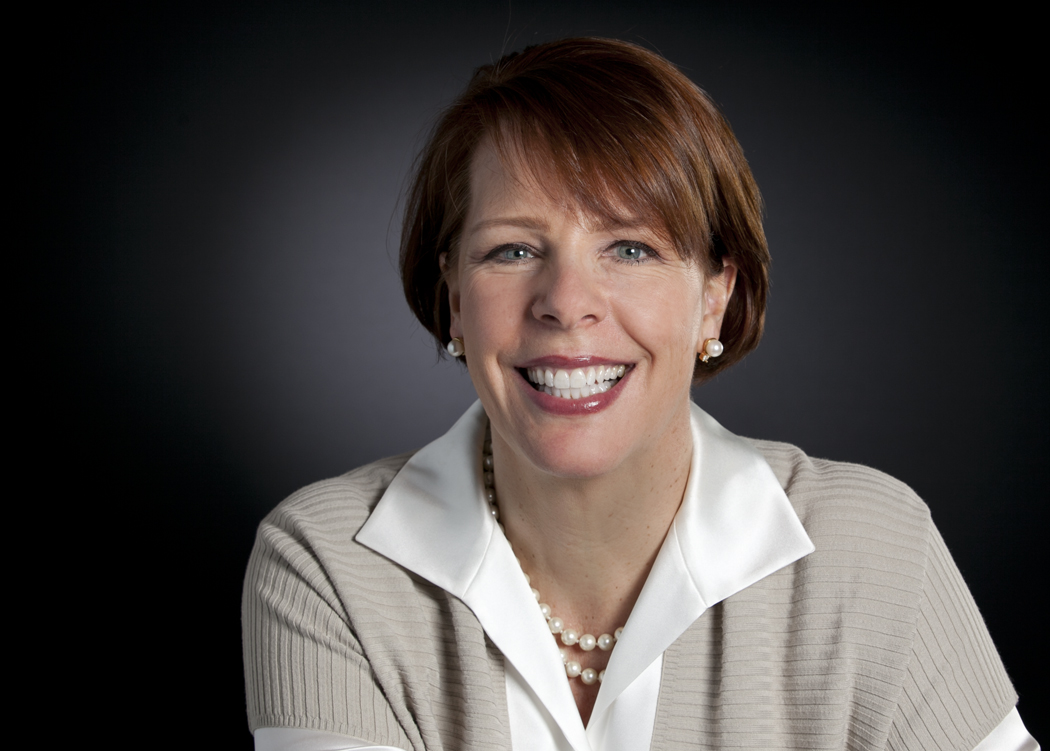In latest Curious Minds, we speak to CLOC Executive Director Betsi Roach about how best to prepare lawyers & the legal industry for continuing disruption
We continue our monthly column, “Curious Minds”, created by Rose Ors to tap into the minds of legal innovators, disrupters, and out-of-the-box thinkers to learn what influences and inspires their work.
In this column, Rose speaks with Betsi Roach, Executive Director the Corporate Legal Operations Consortium (CLOC), about those individuals who have influenced her work process, the creative value of travel, and how best to prepare the legal industry for continued disruption.
Rose Ors: Who are the individuals that have most influenced how you approach your work?
Betsi Roach: There have been several people who have shaped me and my career in various ways, starting with my mother. She graduated from college early, married my father who was in medical school, and together they raised our family. After having six children, my mother went back to school to earn the nursing degree she always planned to pursue.
It was incredibly empowering for me as a young girl to watch her dedicate her time and talents to her family and her studies in pursuit of her professional goal. Throughout my life, I have drawn strength and inspiration from how my mother forged her own professional path. In all my professional roles, I have aimed to emulate her focus, resilience, and drive.
My high school swim coach was another significant influence. It is easy for a swimmer to focus on the success she has in her individual races. Our coach stressed that the points we scored individually were important primarily because they accrued to the team and therefore the team’s success. I approach my work with the same mindset as my swim coach. I choose talented individuals and, as needed, coach them into becoming excellent team members. I think it is why I like to work with associations. Associations thrive when they successfully unite their members and staff into a team or community that is working for a united goal.
Another influencer is Maria Enright. I worked for Maria when I was at the American Bar Association. Like me, Maria does not have a law degree; and, as we all know, the legal industry can be a tough place to have your voice heard if you can’t put Esq. after your name. Yet, I witnessed how Maria used her voice with confidence and with results.
In fact, one of the main skills I learned from Maria was around patience and ensuring that different perspectives can be heard. She is naturally inquisitive and has an incredible ability to ask thoughtful, probing questions that advance the conversation. Her ability to ensure collaboration at all levels provided excellent lessons for me.
Rose Ors: How have you developed and honed your leadership skills?
Betsi Roach: I give a lot of credit to Henry Givray, my leadership mentor and sponsor. Henry is the former CEO of SmithBucklin, a top association management company, and his counsel has always been invaluable to me. Also, I attended a year-long leadership course offered by SmithBucklin, their Leadership Learning Forum, that Henry developed and leads.

Henry’s programs and mentoring have taught me about leadership — and specifically, what it looks like in action. I came to see how leadership is about setting a vision, and then enabling people to get from here to there.
Rose Ors: What books have influenced how you think about business?
Betsi Roach: The book that has had the biggest influence on me is The Customer Comes Second: Put Your People First and Watch ’em Kick Butt by Hal Rosenbluth and Diane McFerrin Peters. The premise is that concentrating on properly hiring, motivating, and managing your employees will translate into great customer service and business success. I read this book early in my career, and it reinforced the team orientation I have long held.
Another excellent book is the change management bible, Leading Change by John Kotter. The book outlines the eight key steps to implementing significant organizational change and the importance of leadership in making change happen. I particularly like his approach to constantly communicating the vision.
Change is hard, and it makes people uncomfortable. By speaking to the hearts and the minds of those involved, however, it gets them to believe that change is desirable and that the envisioned state has benefits for the organization and for themselves.
Rose Ors: Where do you get your creative ideas?
Betsi Roach: I am a lifelong learner who actively seeks out ideas. I look to my colleagues at associations and organizations that are outside the legal space to give me inspiration and learn about new ways of doing things that have impact.
I am also an avid reader. My current read is a book recommended by one of CLOC’s board members — War and Peace and IT: Business Leadership, Technology, and Success in the Digital Age by Mark Schwartz. It basically argues that business-functional teams — such as sales or marketing and IT — must replace their antagonistic behavior with collaboration. A shared mission helps get technologists and business people on the same team to advance the overall organization.
Another source of new ideas and insights is travel. Growing up, our parents brought the world to us by regularly hosting foreign exchange students. All my siblings and I studied abroad. I earned an international MBA. So, I grew up with a deep appreciation and interest in learning from and being inspired by new places and different perspectives. I look forward to a time when we can travel again.
Rose Ors: What is a big picture question facing the legal industry today?
Betsi Roach: What are we doing to equip the next generation of lawyers with the tools they will need to succeed? Law schools do a fine job of teaching students to be lawyers. However, few schools address essential components of success, such as marketing and business development, legal operations, or the technology and innovation that clients are demanding.
How do we prepare the industry for the disruption it will continue to encounter?
This interview has been edited and condensed by Rose Ors.






